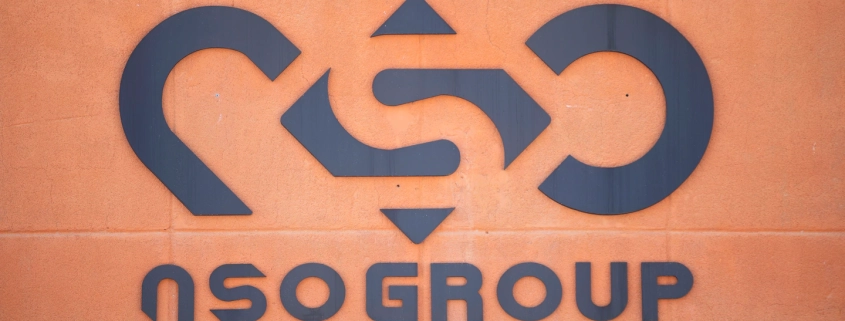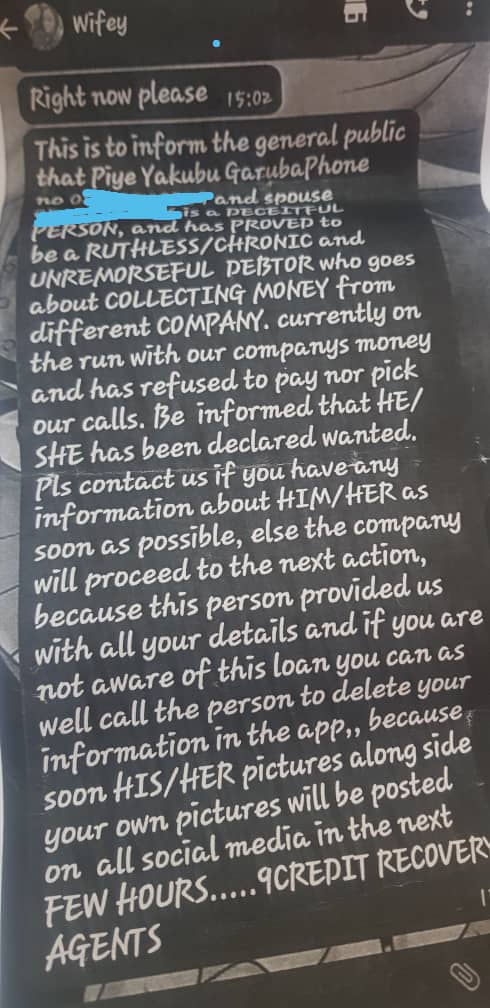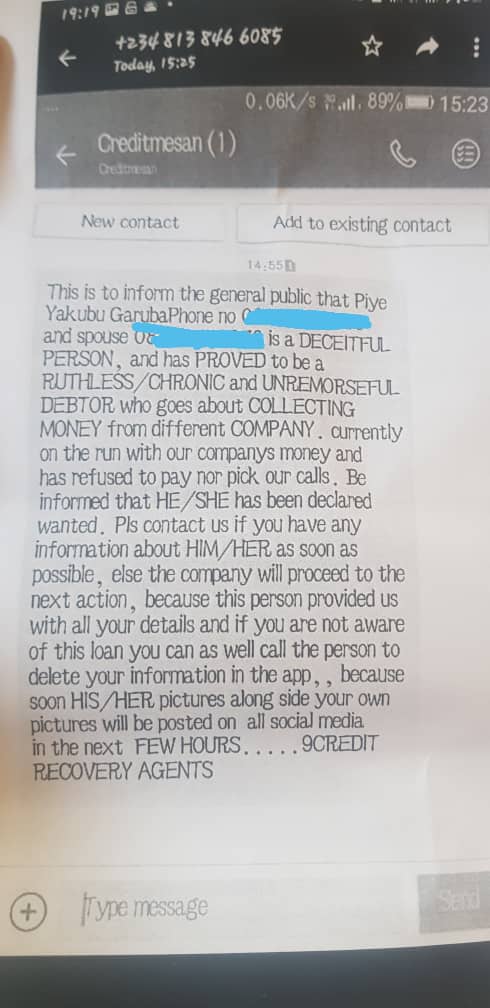Another way to protect voting rights: Hack-proof our elections
In his State of the Union address, President Joe Biden made a pitch once again for his failed voting reform bill, the “Freedom to Vote Act [1].” But there was a conspicuous lack of attention on what’s arguably the most serious issue pertaining to elections: Protection against foreign cybersecurity threats.
From the Colonial Pipeline ransomware attack [2] to the SolarWinds hack [3], we have seen time and again that malicious cyber interference is a clear and present danger to our economic security. Increasingly, it’s also a danger to our election security.
In recent years, leading computer scientists and network security experts have found real vulnerabilities [4] in election technology that could allow even lower-tier hackers to pose threats. As this technology ages, dozens of states [5] are now in dire need of new equipment and support for managing security issues. Public reports from the Director of National Intelligence [6] and other cybersecurity experts [7] suggest that threats could come from Russia, Iran, China or North Korea, as well as non-state actors with radical agendas.
But all is not lost.
There is growing agreement across the political spectrum on how to improve election security: voter-verified paper ballots that create permanent, physical records of votes; risk-limiting audits that use robust statistical analysis to ensure accurate counts and ample, consistent funding for state and local election administrators in order to carry out trustworthy elections for years to come. There is also support for even stronger protection from hackers and foreign interference through improved federal oversight of voting machine vendors and by keeping voting and tabulation infrastructure off the internet.
None of these reforms create any partisan advantages, only increased confidence in the security in our elections. Perhaps that is why we have seen repeated bipartisan support for many of these ideas, from the PAPER Act of 2017 [8] to the Secure Elections Act of 2018 [9] to the Election Security Act of 2019 [10]. But while lawmakers have passed some meaningful funding [11] support in recent years, further action is needed.
This is why I recently…





